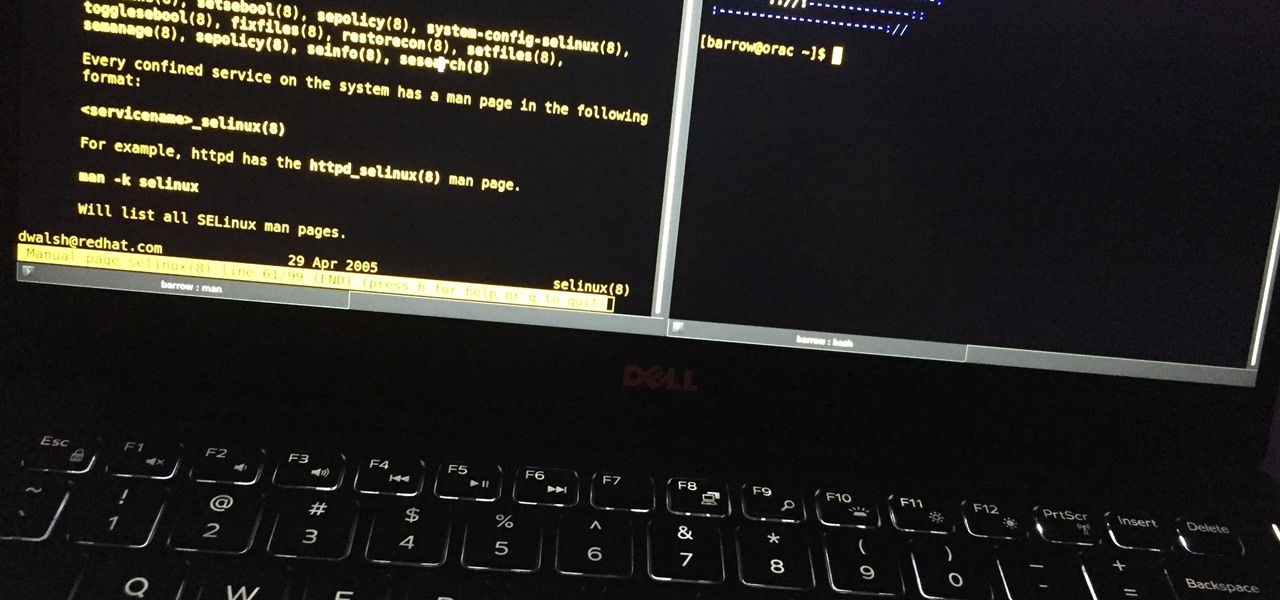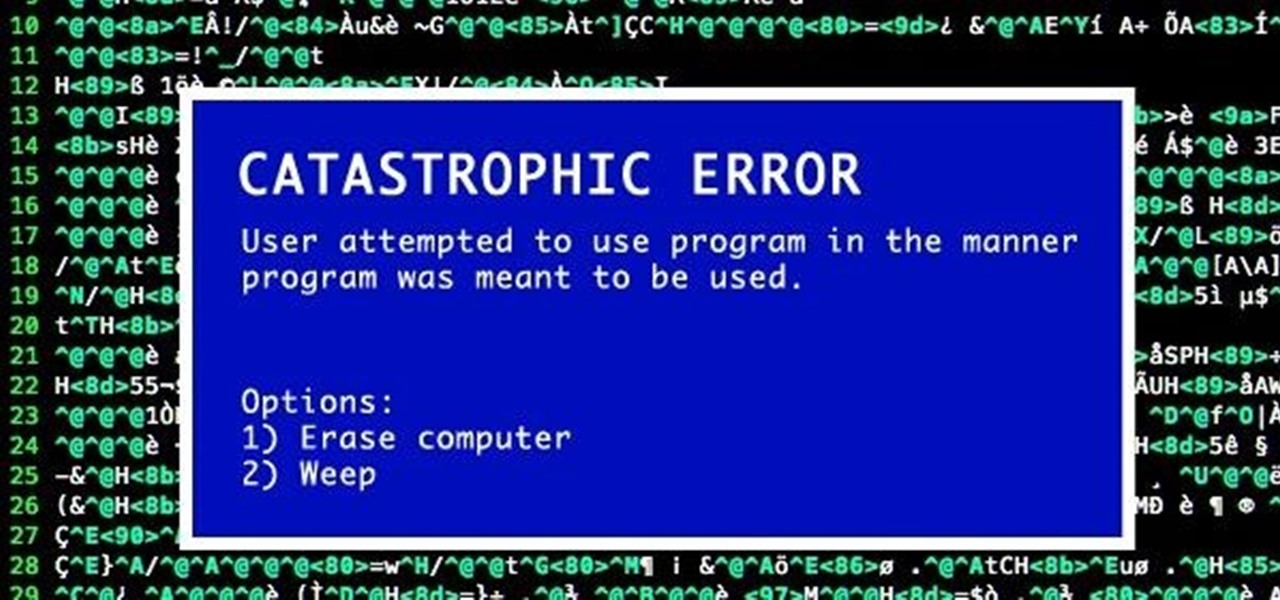
Hackers often rely on lazy system admins and unpatched vulnerabilities to get access to a host. Keeping intruders off of our machines requires us to update daily, only run the services we need, and read the code, among other things, but we can still make mistakes. Luckily for us, we can limit the damage caused by those mistakes by running SELinux.

The moment arrives when you finally pop a shell on the web server you've been working on, only you find yourself in a strange environment with limited functionality. Restricted shells are often used as an additional line of defense and can be frustrating for an attacker to stumble upon. But with enough patience and persistence, it is possible to escape these restricted environments.

When it comes to webcams these days, most people are using their laptops over desktops. The cameras are centered, integrated, and require no configuring. They're a cinch and usually have great resolution. So, then what do we do with all of those old wired desktop webcams that we've accrued over the years? Even if you still use an external USB one, chances are you're not using it daily, so why not come up with a better use for it?

In this Null Byte, I'm going to teach you about Null Byte Injections. Null Bytes are an older exploit. It works by injecting a "Null Character" into a URL to alter string termination and get information or undesirable output (which is desirable for the malicious user).

Many windows users, if not all, run into a virus infection once in a while. This is unavoidable when using Microsoft's operating system. Without digressing too much, the fact that Windows is such a popular OS with no controlled software sources makes it easy for viruses and malware to spread. And while there's a plethora of antivirus tools for Windows, sometimes infections (such as certain scareware) can disable the install and/or use of antivirus systems and render your OS unusable until cle...

Hello, fellow Null Byters. Today, with mixed feelings, I want to let you know that this is my last official post as the admin of Null Byte. I've come to the decision that I need to spend more time focusing on my studies. Over the past 5 months, I have enjoyed building this community and teaching people unorthodox methods of doing things, creating things, and hacking them. But I'm also excited to be delving deeper into the studies that brought me here in the first place.

Common programming blunders can be your best friend when trying to craft your own exploits. If you spend a little time reading what some of these common blunders are, they can uncover potential attack vectors or just show you the weird ways in which computers can store and recall data or access system resources.

Hi there, nullbytes! Lately I've seen many people posting their codes for many purposes (I've saved most for later use and exploration), and it struck me that maybe some of you find CodinGame fun. Personally, I do, but I couldn't got too far in their games. Still, I find it pretty satisfying when my code finally does what I wanted it to.

As you progress in the world of information security, you'll find yourself in situations where data protection is paramount. No doubt you will have files to hide and secrets to share, so I'm going to show you how to use the GNU Privacy Guard (GnuPG or GPG for short) to encrypt and decrypt as you need. GPG is a great open-source version of Pretty Good Privacy (PGP), a similar application used for encryption, but licensing and patent problems led to the development of GPG in its wake.










